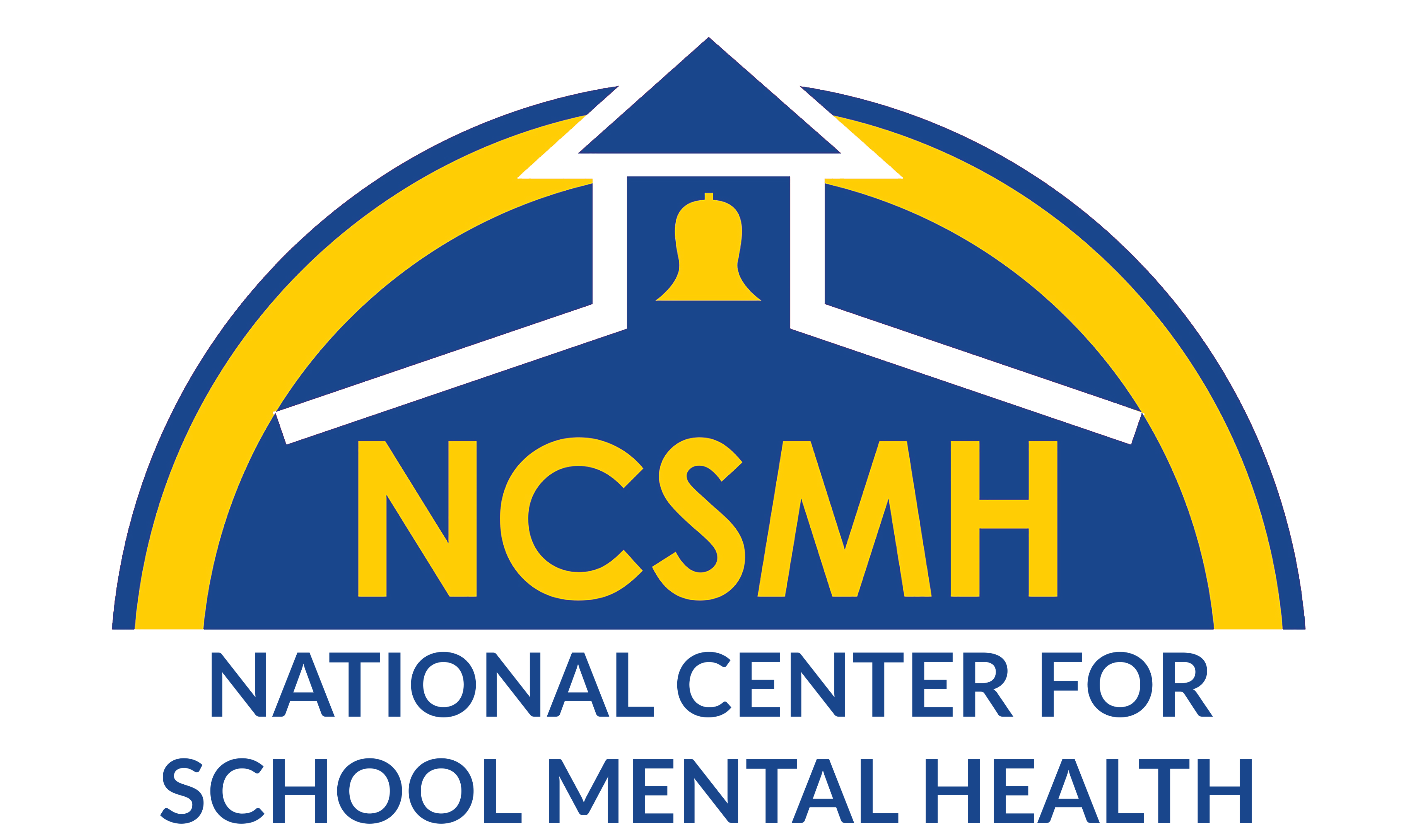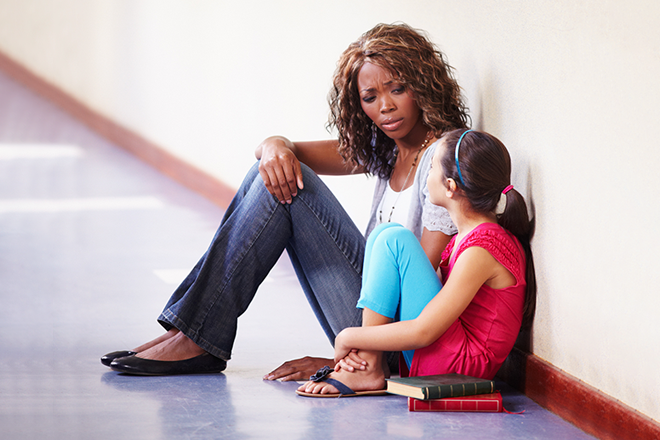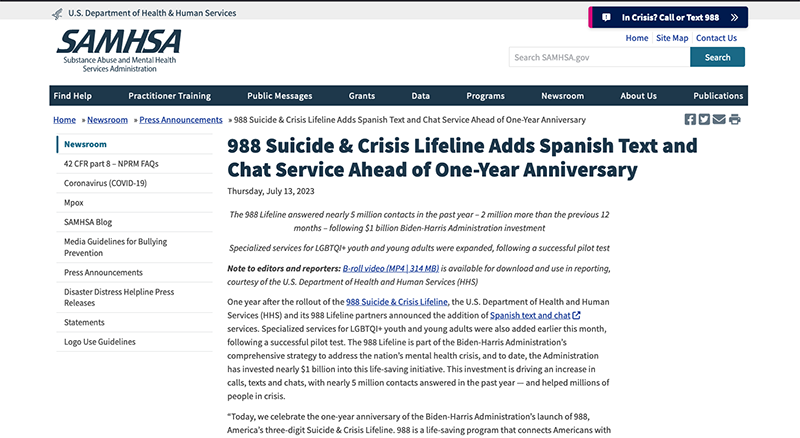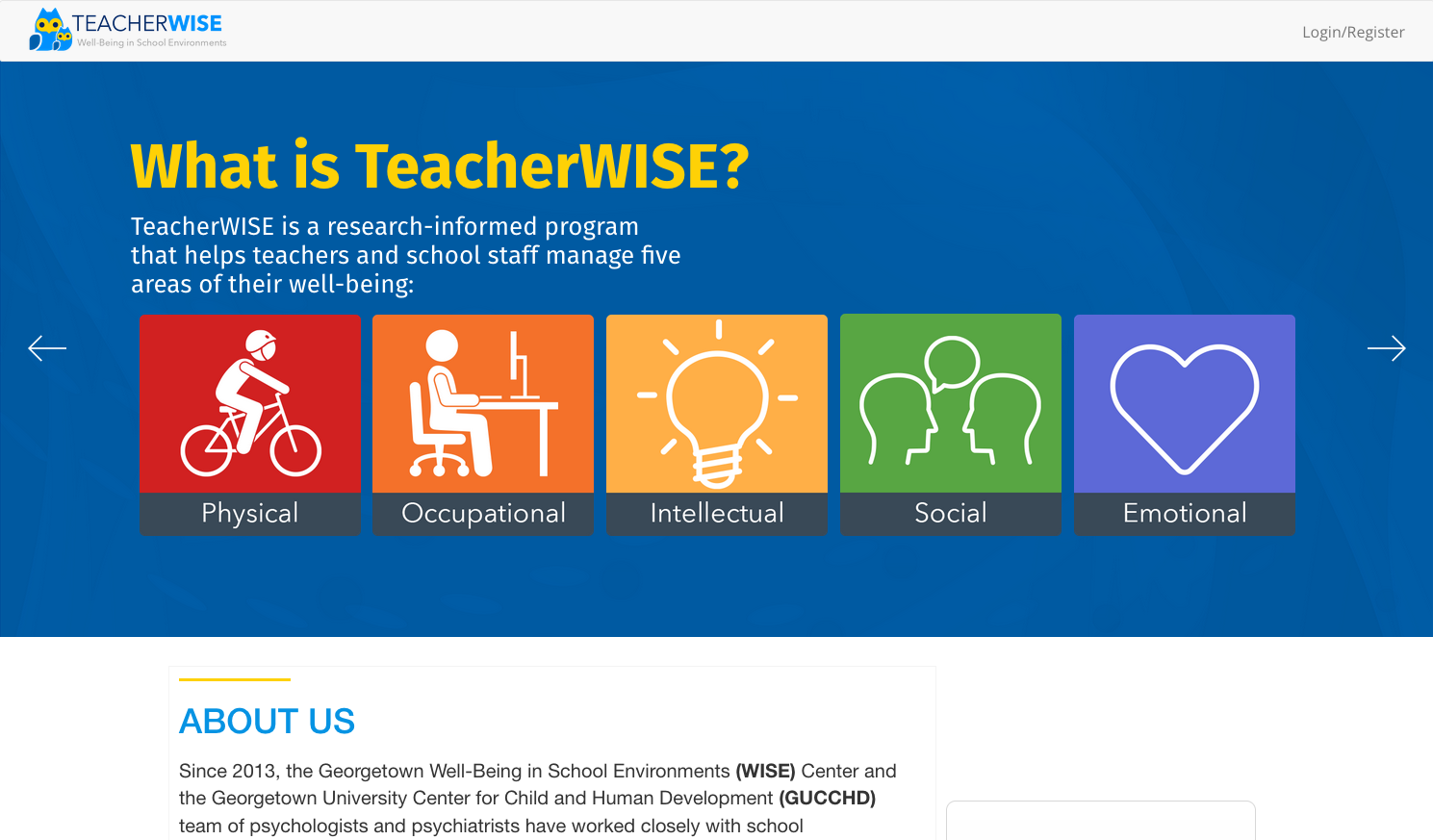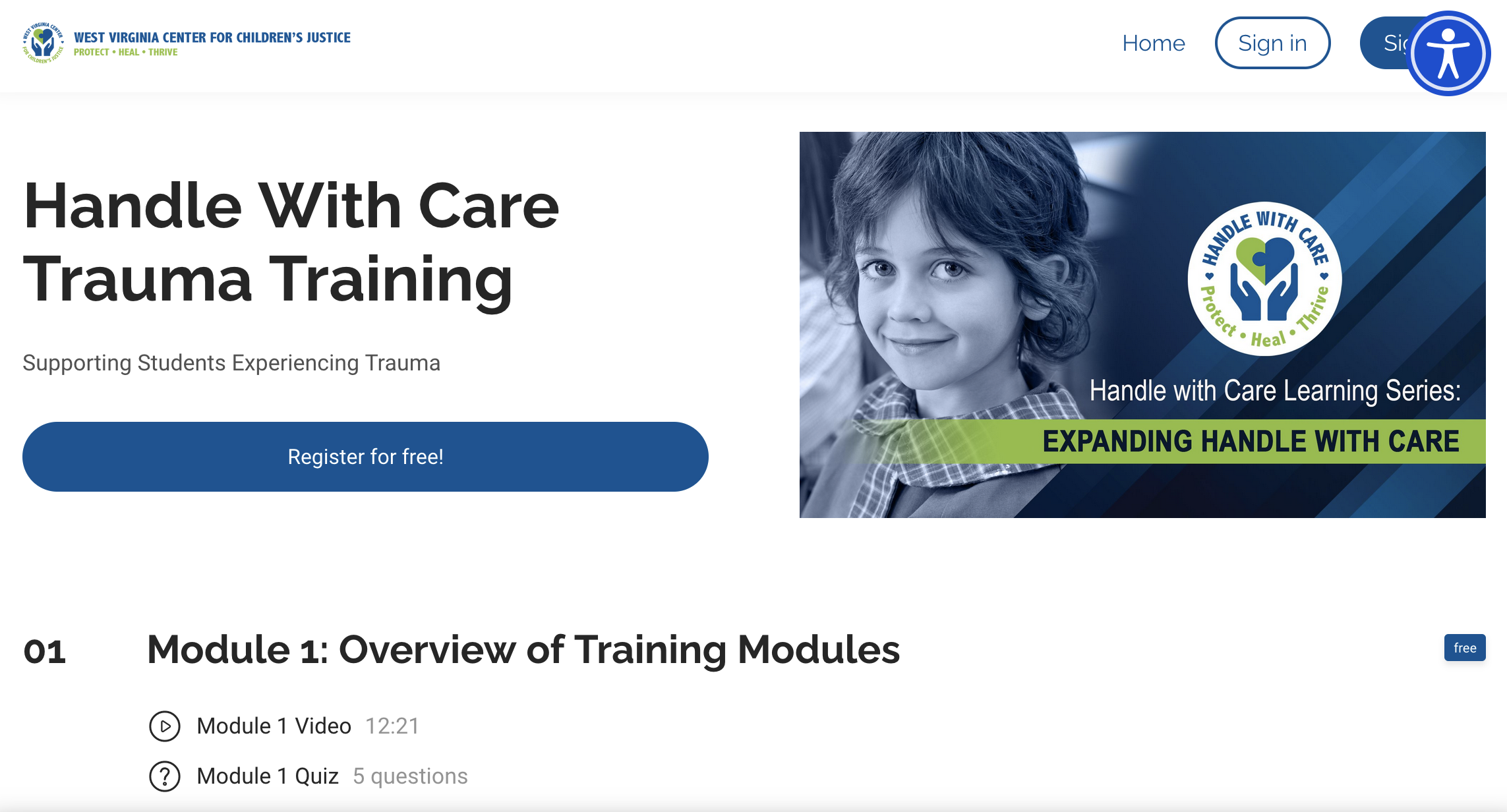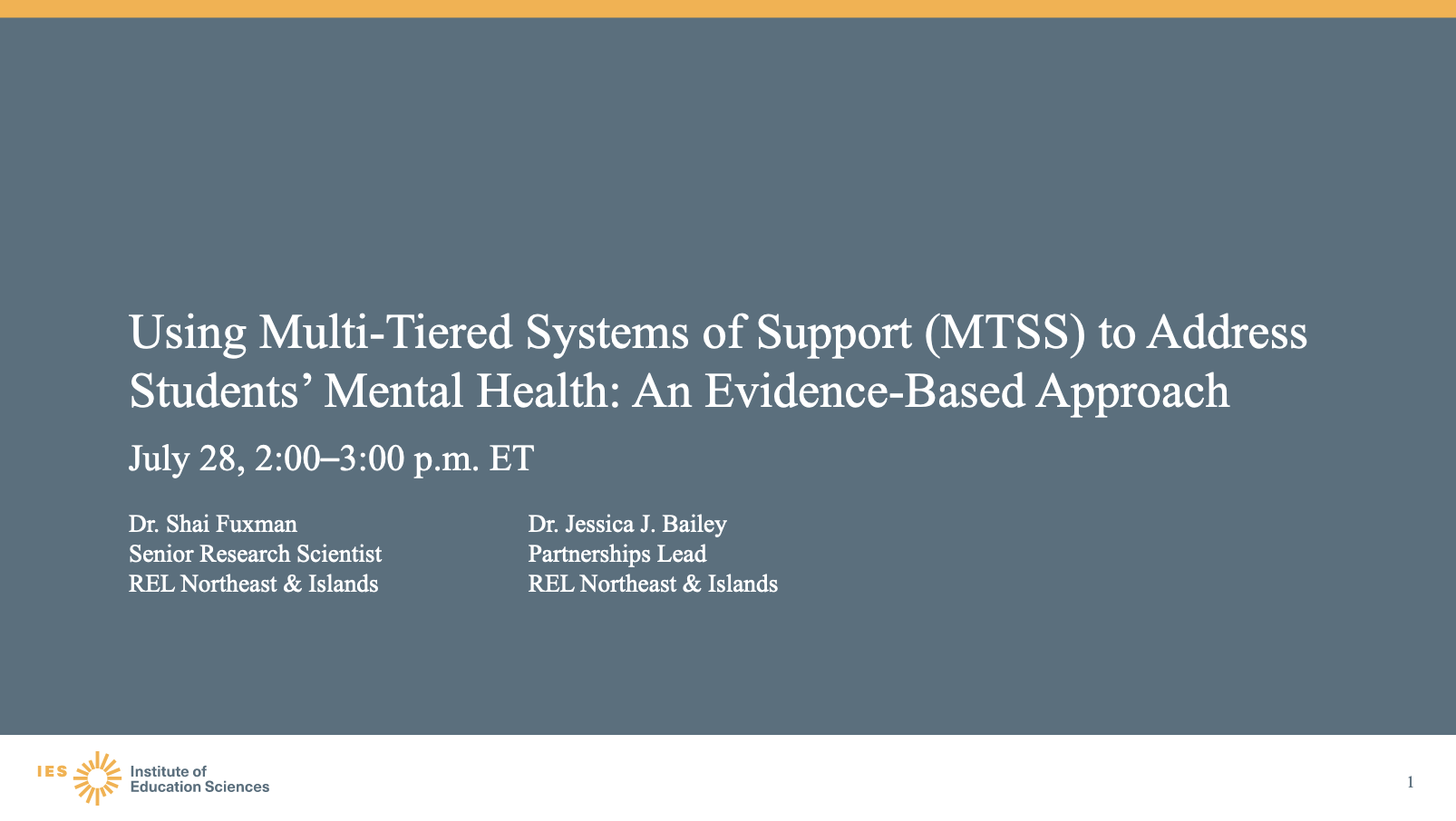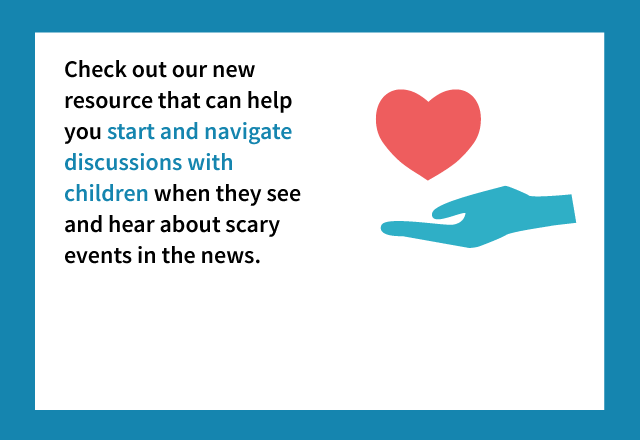In this study, we examined the effectiveness of Tools for Getting Along (TFGA) on teachers’ reports of executive functioning (EF), social-emotional, and behavioral skills of elementary school students. TFGA is a classroom-level prevention curriculum that teaches students problem-solving steps to apply in emotionally charged situations.
As we emerge from the collective trauma of the pandemic and work to serve youth in the context of a decade long pattern of increasing in suicide risk, it is crucial that everyone who spends time in schools (including parents) is aware of What to DO and What NOT to Do when it comes to suicide prevention in schools.
(Available in Spanish and English.) Our team at SRI Education is deeply saddened and concerned about the wars, violence, and climate destruction sweeping the world. Adults and children may be grappling with feelings of fear, worry, anxiety, anger, and confusion in response to what they are seeing and hearing in the news and social media about displaced families and loss of life.

